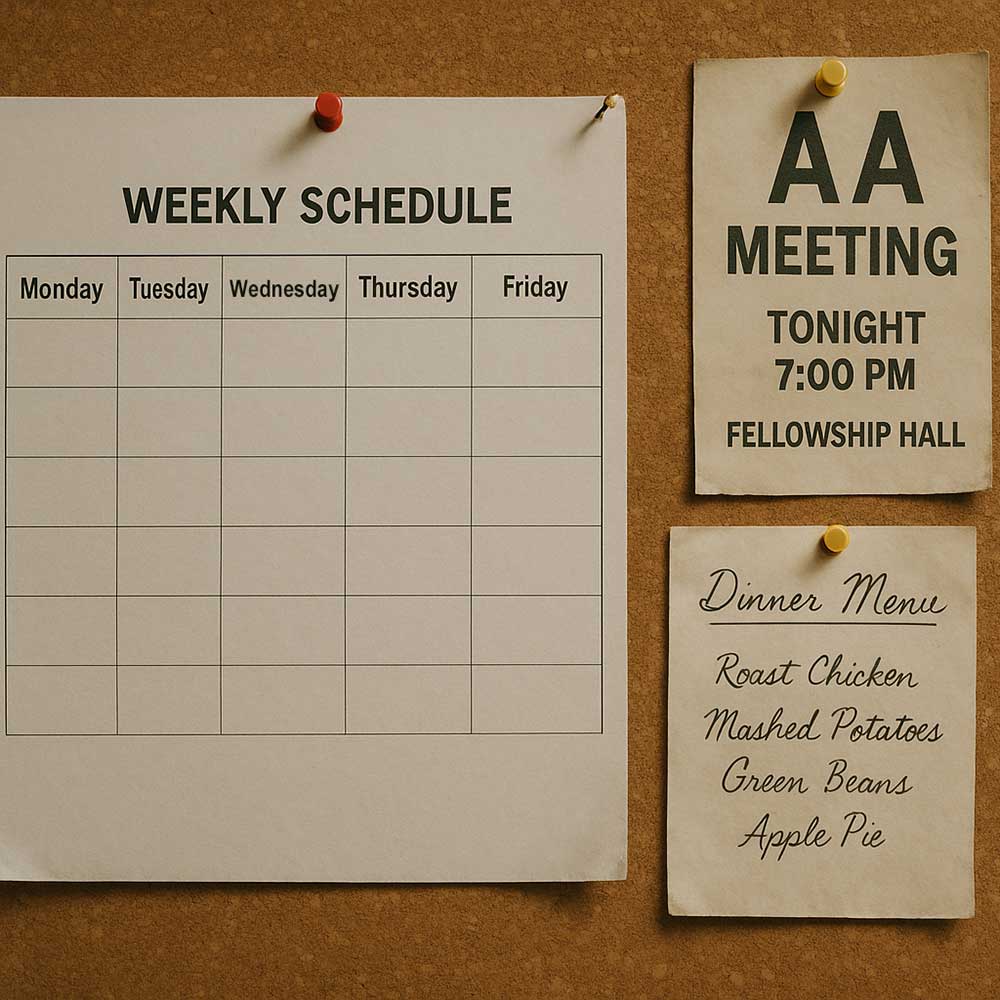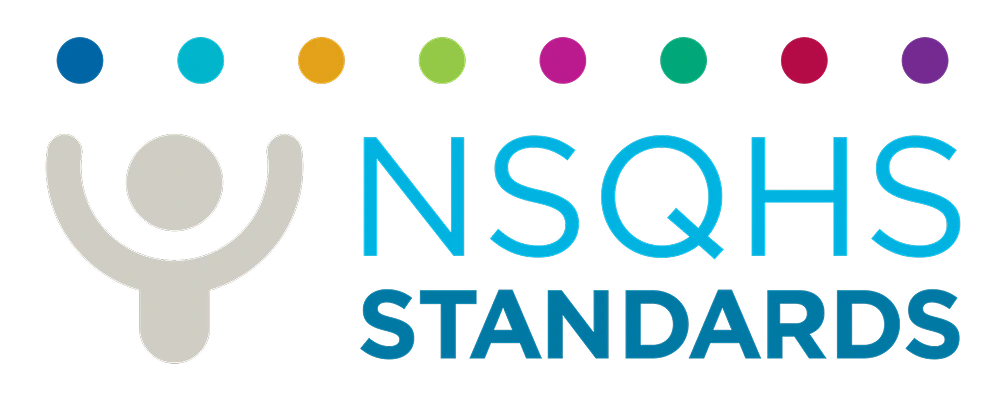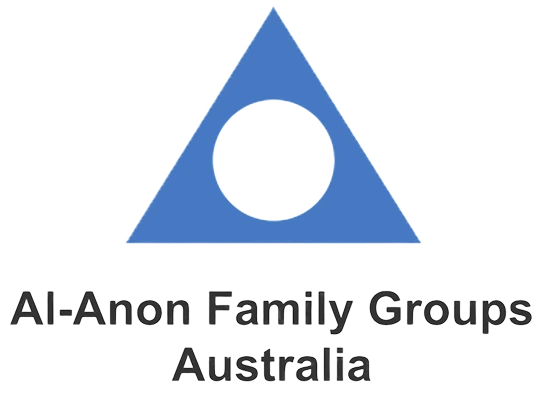Safe spaces designed for healing
Our facilities are quiet, private, and intentionally designed for safety and calm. We offer both hospital-based and residential settings in Victoria.
When you’re ready to make a change, we’re here with expert support, lived experience and a safe, welcoming place to recover.
Take a self-assessment or speak to someone now, with no pressure to commit.


For many of us, rehab was the first place we ever felt truly safe. That’s what we offer here: structured, 24-hour care in a private, supportive setting where you can focus entirely on getting well.
Our team understands addiction from the inside out. We’ve built a space where your needs are met with compassion, your privacy is respected, and your recovery is supported every step of the way.
Our residential rehab offers structured daily care, expert medical oversight, and compassionate support throughout your stay.
According to the 2023 National Drug Survey, almost half of Australians over 14 have used drugs. Many of us know how hard it is to stop and how deeply addiction can affect your health, your relationships, and your sense of self. Residential rehab gives you a real chance to step out of that cycle and into lasting recovery.

When you’re surrounded by the same stress, chaos or access to substances, it’s hard to heal. Stepping out of your usual environment gives your nervous system a chance to reset. It removes the triggers, distractions, and pressures that keep pulling you back so you can start building new patterns in a safe, supportive place, surrounded by people who want to see you recover.

Not everyone needs full-time care, but for some of us, it’s the only thing that works. If your use has escalated, if you’re struggling with mental health, or if things have become unsafe or unmanageable, residential care gives you the best chance to stabilise. It’s not forever, but it can give you the clarity to choose what comes next.

You won’t just be sitting around. Each day follows a rhythm: a mix of therapy, group work, rest, meals, and personal time. There’s structure, but it’s not rigid. There’s support, but not pressure. Over time, that rhythm helps your nervous system regulate and your mind begins to heal. It becomes a routine you can rely on and eventually build your life around.

Addiction doesn’t exist in a vacuum. Many of us use to numb pain, manage anxiety, or cope with trauma. That’s why we don’t treat addiction on its own. Our team is trained to recognise the signs of PTSD, depression, and other mental health issues, and to offer care that’s safe, gentle, and trauma-informed every step of the way.
It’s not always easy to tell when it’s time. Maybe you’ve tried everything and nothing’s sticking. Maybe you’re scared of what comes next if nothing changes. If your use is affecting your health, your safety, or the people you love, it might be time to step away and reset. And there’s no shame in that. It’s a brave, honest step.
This short, confidential quiz takes less than two minutes and can help you make sense of what’s going on. Choose the category that feels most relevant to you — whether it’s alcohol, drugs, or a mix of concerns — and we’ll guide you through a few simple yes/no questions.
At the end, we’ll let you know if your answers suggest it might be time to consider rehab, and share safe, confidential options for getting started.


We’ll start with a confidential phone call to hear your story, answer your questions, and help you understand your options.

Once we understand what’s going on, we’ll recommend the care that’s most appropriate, whether that’s inpatient rehab, detox, or something else.

From your first admission through to aftercare, we’ll walk with you the whole way. Recovery is hard but you don’t have to do it alone.
We’re here whenever you’re ready – book a call or speak to someone now.
We’re not just a rehab centre. We’re a team of people who’ve lived this journey ourselves. We know what it takes to recover, and we’ve created a place that feels safe, respectful, and real.
We’re fully accredited under NSQHS and governed by the Australian Commission on Safety and Quality in Health Care (ACSQHC), so you know our care is both safe and effective.





We offer a range of flexible, evidence-based services to support you at every stage of your journey.
Our facilities are quiet, private, and intentionally designed for safety and calm. We offer both hospital-based and residential settings in Victoria.
Medically supported detox, inpatient residential rehabilitation, and transitional housing programs.


Clients reported improved physical health by day 90.
Clients remained abstinent from all substances at 90 days.
Clients reported reduced or eliminated mental health symptoms.
Clients transitioned to aftercare or long-term support services.
We’ve seen what’s possible when someone gets the right support. Our results reflect that, with outcomes tracked across 28, 60 and 90 days to show real progress in health, behaviour, and long-term recovery.
If you’re thinking about getting help, we’re here to talk. Whether it’s for you or someone you care about, we’ll help you take that first step forward.

Take a quick, private quiz to explore safe support options.

Schedule a confidential call with a specialist at a time that suits you.

Speak to someone immediately for guidance and support.
We know cost is a major factor when seeking help. We’ll walk you through your options, including private health cover, funding support, and out-of-pocket costs.
Residential stays vary depending on length and location. We’ll help you understand the full cost upfront, including health insurance, gap fees, and extras.

We can assist with options including private health insurance, Department of Veterans’ Affairs (DVA), WorkSafe, or direct payment plans

Our staff include trained clinicians, support workers, and counsellors, many of whom are in long-term recovery themselves. We know the road because we’ve walked it too.


We’ve helped thousands of people across Victoria recover from alcohol or drug addiction. Our clinic combines lived experience, medical care, and real human connection.
Whether you’re struggling yourself or supporting someone you love, we’re here to help you find the right path forward. There’s no wrong door.
Choosing rehab is a big step. We’ll listen, guide you through your options, and support you with care, not judgement. You don’t have to do this alone.
Speak to someone who understands
Your day in residential rehab is structured but supportive, designed to stabilise your physical health, calm your nervous system, and give you space to start healing. Mornings start with a check-in group and mindfulness, followed by group therapy, educational sessions on addiction and relapse prevention, or one-on-one counselling. Afternoons might include creative or physical therapies like art, gym, or yoga, plus time for journalling and reflection. In the evenings, you’ll wind down with wrap-up groups, meditation, or optional activities like movie night.
Meals are scheduled throughout the day, and medical care (including drug detox support) is provided by nurses and doctors on-site. While the schedule is consistent, we understand recovery isn’t linear. You’ll always be given time and space to rest when needed. This is more than a routine: it’s a rhythm that helps you feel safe enough to do the hard work of recovery in a therapeutic community setting.
You can explore the full daily schedule in our guide to a typical day in residential rehab.
Most of our clients stay in shared rooms designed to feel safe, clean, and respectful, not clinical or crowded. We’ve found that shared spaces support connection and accountability in early recovery, which are core parts of our therapeutic model. That said, private rooms are available in some cases. If you have medical needs, trauma history, or other reasons for needing your own space, we’ll work with you to find the best possible option in our rehabilitation centre in Melbourne.
We ask clients to hand in their phones and digital devices at the start of treatment. This isn’t about punishment. It’s about protection. Unrestricted access to phones can trigger stress, fuel cravings, or interrupt your recovery process. Instead, we help you focus fully on your journey to recovery, without distraction. Phone access may be granted later in the stay based on clinical review, depending on your progress and the type of care you’re receiving. We explain this in more detail in our phones in rehab guide, including when and why access is limited.
Every person’s recovery timeline is different. Most people stay between 28 and 90 days, depending on their needs and goals. Shorter stays may focus on stabilisation and detox, while longer ones allow time to address deeper issues like trauma, relapse patterns, and mental health. Our team will help you decide what length of stay is right for you. If you're weighing up your options now, our rehab duration guide outlines what to expect from different timelines.
You always have the right to leave. This is your recovery, and we’re here to support you, not hold you. But if you’re thinking about leaving early, we’ll gently explore what’s going on with you and help you make an informed choice. Sometimes that means adjusting your care plan. Sometimes it means a supported discharge into an outpatient program or harm-reduction model. Our focus is always on your safety, dignity, and long-term recovery.
No referral is needed. You can contact us directly either for yourself or someone you care about. We’ll talk with you confidentially, assess your needs, and help you understand the available treatment for drug or alcohol addiction. If you’re already linked in with a GP, psychiatrist or case manager, we can work with them to coordinate care, but it’s not a requirement. We try to remove as many barriers as possible so that help is accessible when you need it.
It depends on your funding pathway and what kind of care you need. We offer private rehab options with short admission timelines, as well as funded beds that may involve a waitlist. When you contact us, we’ll explain availability, costs, and funding in detail. If we can’t admit you immediately, we’ll do everything we can to support you with interim care or connect you with other rehabilitation providers in Victoria.
You won’t need much. Just clothes, toiletries, and a few personal items that help you feel comfortable. We recommend packing enough for at least a week, including comfortable daywear, sleepwear, closed shoes, and warm layers. Leave behind anything that could disrupt others’ recovery or violate safety guidelines. Once you’re admitted, you’ll receive a detailed list. And if you forget something, we’ll help you sort it out.